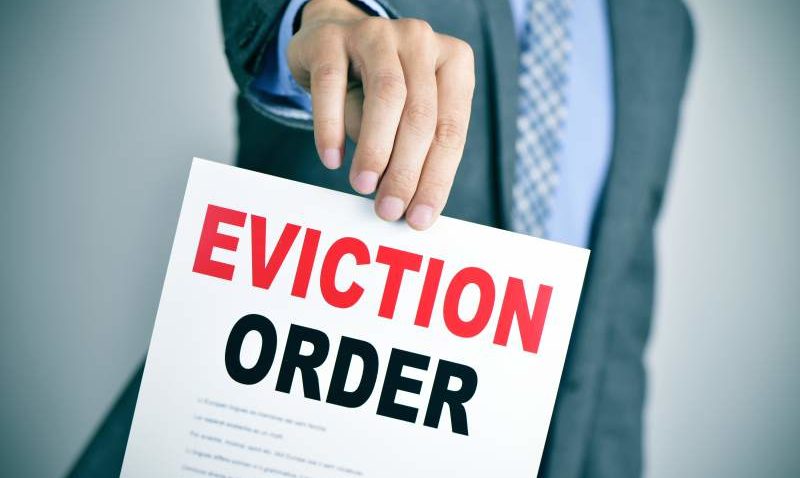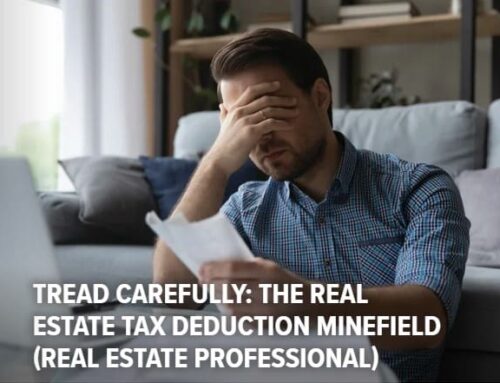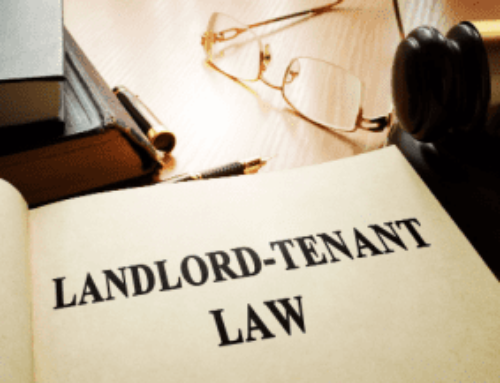When renting out a property you own, it is only natural to want to make the most money and incur the least expense. Unfortunately, for some landlords, this leads to cutting corners in the legal department; a potentially very costly mistake. The following are a few common mistakes landlords make during the eviction process and what you can do to avoid them:

Self-Help Eviction
The single biggest mistake landlords make (particularly those who have never rented property before) is engaging in what is known as a “self-help eviction.” The logic goes something like this: “I own the property, so I should be able to change the locks/move the tenant’s things out/turn off the utilities/harass the tenant into paying or moving/etc.” Unfortunately, this is not the case. By allowing someone to take possession of the property under a lease agreement, you have given them certain rights in the property. The only way to legally extinguish those rights is by a court order. Attempting to coerce a tenant to move out or pay rent by changing locks or switching off utilities, or simply putting the tenant’s possessions outside is likely to lead to a confrontation with the police and a very unpleasant loss in court.
If you are trying to remove a tenant from the property, the only legal way to do that is by filing an action for eviction in the courts and obtaining a proper court order. Even then, the order requiring the tenant to leave the property is usually delivered by law enforcement and, if the tenant refuses to leave, is also enforced by the police. The landlord should not be involved.
Aside from the fact that self-help eviction is illegal and could expose you to civil liability to the tenant, even if the tenant is behind on rent), this conduct can actually be very dangerous. After all, you are messing with someone’s home, and that can cause a violent, instinctive reaction. Showing up unexpectedly and telling someone they have to get out could easily result in violence, which is another reason why law enforcement is typically responsible for delivering the bad news after a lawful eviction.
Inadequate Notice
The second biggest mistake in tenant evictions is failing to give proper notice. Most states have landlord-tenant laws that contain an actual form that should be used to notify a tenant that they must either pay or leave or you will file a lawsuit to evict them. This is sometimes called a “Notice to Quit” or in other states it may simply be called by the number of days the tenant has to pay or leave the property, like a “Three Day Notice.” Generally, before you can file for an eviction, you have to provide the tenant with such a notice to give them an opportunity to cure the problem or leave the property and, should they fail to comply, only then can you file your action to evict.
In other cases, you must provide notice when a lease is going to terminate. For example, if someone signed a one year lease, and you are near the end of that year and do not wish to renew, you usually have to provide the tenant with adequate notice of that intention. Otherwise, the tenants can “hold over” indefinitely, provided they pay their rent. It is only if you give adequate notice and then the tenant holds over that you will be entitled to seek an eviction.
No Evidence
Finally, many landlords forget that even an eviction proceeding is adversarial in nature and requires the landlord to carry the burden of proving its case. For example, you will likely need a copy of the lease agreement, evidence of a failure to pay or other breach by the tenant, evidence of providing proper notice under the law or the lease agreement, and if you are also suing for damages you will need evidence of the actual damage caused by the tenant. Failing to provide this evidence to the court could result in you having to start your case all over again and the tenant getting to spend weeks or months more in your property, possibly without paying you any rent.
Not Hiring an Attorney
Of course, the biggest mistake of all is assuming you know what you are doing if you do not. Most attorneys handling tenant evictions offer reduced rates given the usually very quick nature of these proceedings. Take advantage of this, particularly if it is your first eviction, to make sure you have acted properly as the landlord and that the eviction goes smoothly. Otherwise, you could end up not only having a non-paying tenant in your property for months while you figure out what you need to do, but you could even end up owing money to the tenant.



